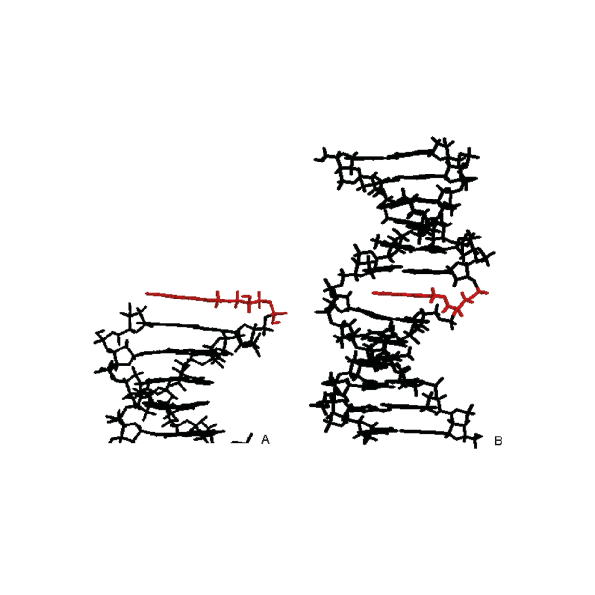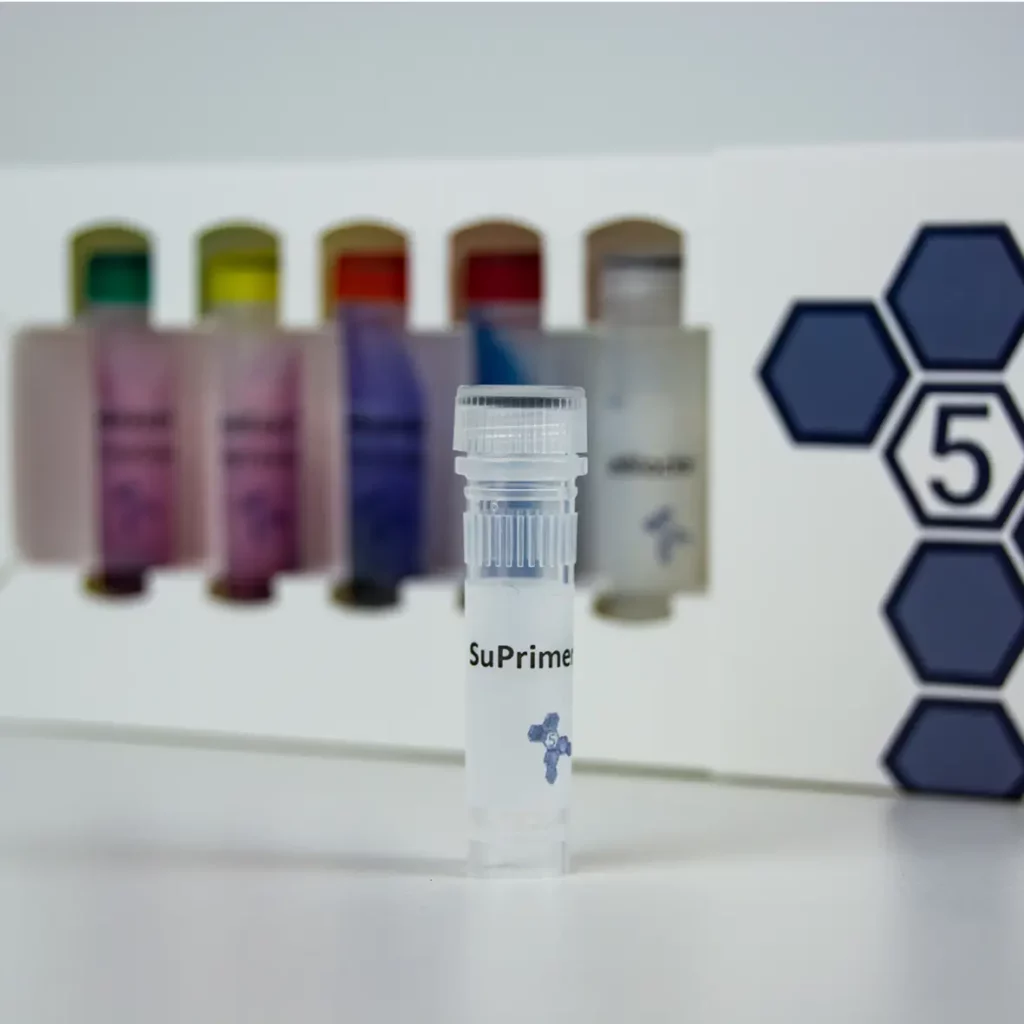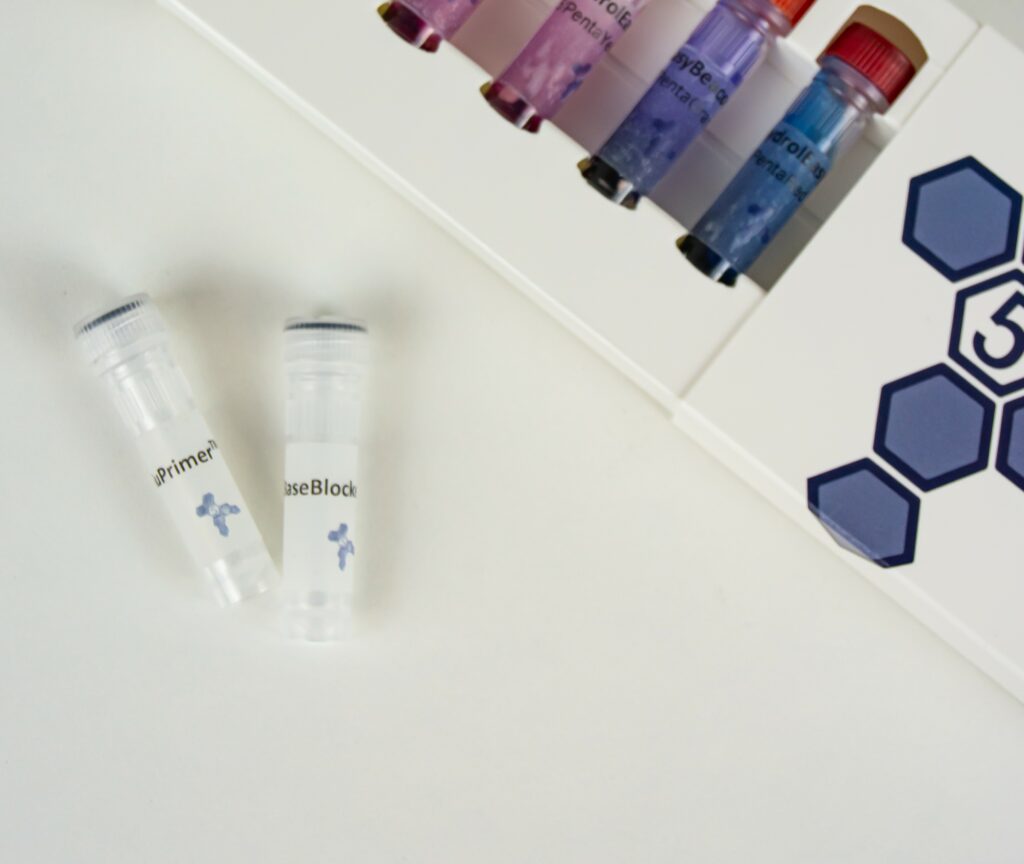
Features and Advantages
We have developed a range of INA®-based oligos that can be ordered as customised products in addition to providing the technologically backbone of our IVD PCR assays. INA® oligos include HydrolEasy® and EasyBeacon™ probes, SuPrimers™, EpiPrimers™ and BaseBlockers™.
The advantages of INA®-based oligos and assays include:
- Increased target affinity and specificity
- Reduced off-target binding
- Reduced primer dimer formation
- Lower background fluorescence of dual-labeled probes at all temperatures – resulting in higher signal-to-noise ratio
- Improved detection of low frequency single nucleotide variants (SNVs)
- Direct evaluation of DNA methylation by qPCR without prior sample pre-treatment

INA® Oligonucleotides
INA® oligos are composed of standard nucleotides with one or more covalently linked intercalating pseudo-nucleotides (IPNs). The IPN molecule is a hydrophobic base analogue that is incorporated into the oligo without replacing any existing nucleotides.
INA® is the only DNA platform technology that works by increasing the π-stacking effect of adjacent nucleobases in the formed DNA double strand. Thus, addition of IPN molecules to the oligo results in increased sharing of π-electrons between the DNA nucleobase aromatic rings. The result is a significantly higher target affinity and specificity of the IPN-modified oligo compared to standard DNA oligos.
The hydrophobic nature of the IPN molecule in addition leads to intra-oligo interactions between IPN molecules which ensures temperature-independent quenching of unbound dual-labeled probes. This results in significantly reduced background fluorescense of our INA®-based HydrolEasy™EasyBeacon™ and EasyBeacon® probes.
Publications
Intercalating nucleic acids containing insertions of 1-O-(1-pyrenylmethyl)glycerol: stabilisation of dsDNA and discrimination of DNA over RNA
Christensen & Pedersen – Nucleic Acid Res. – 2002
NMR structure determination of a modified DNA oligonucleotide containing a new intercalating nucleic acid
Christensen et al. – Bioconjug Chem – 2004
Intercalating nucleic acids: the influence of linker length and intercalator type on their duplex stabilities
Christensen et al. – Nucleosides Nucleotides Nucleic Acids – 2004
INA®-based Oligonucleotides




